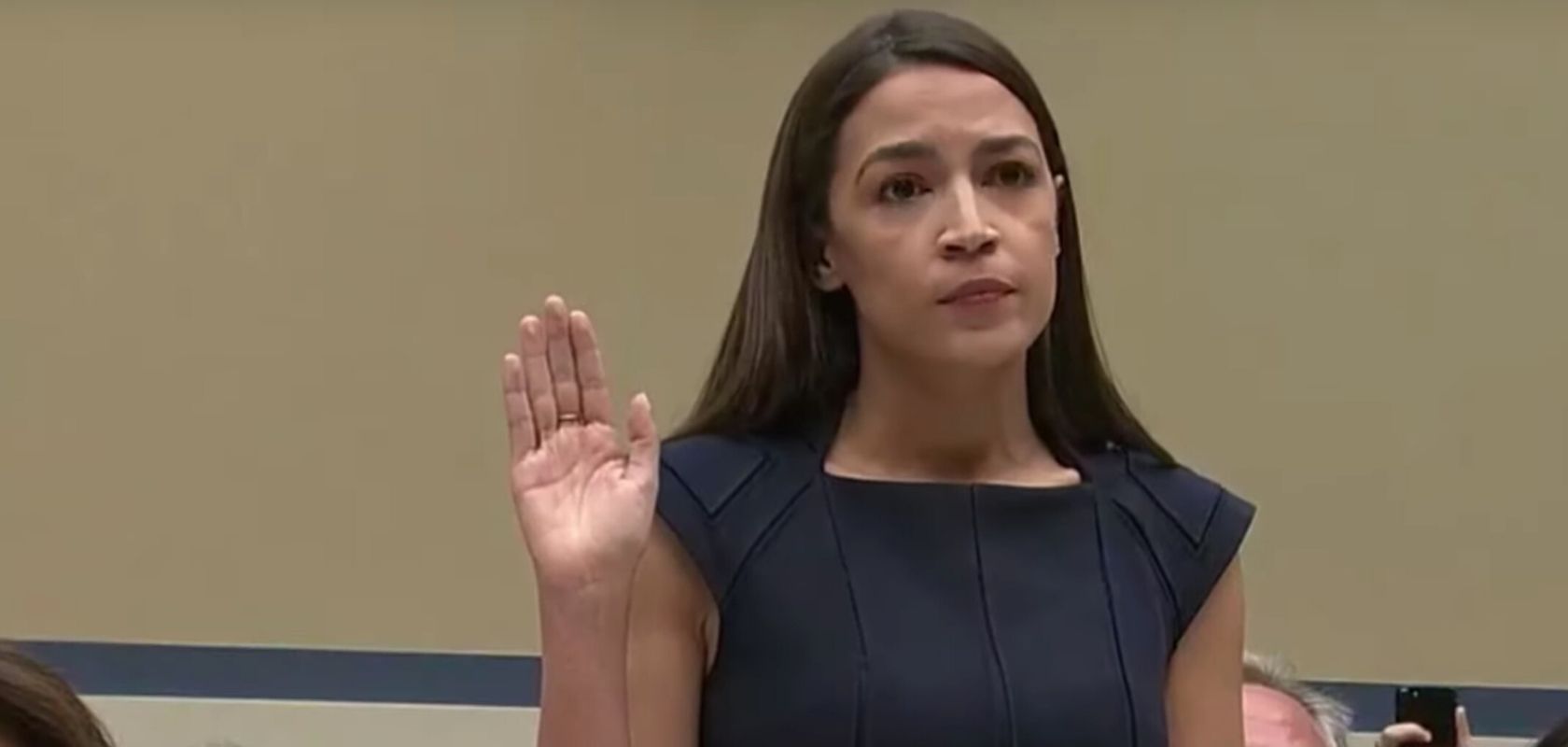Democratic Congresswoman Alexandria Ocasio-Cortez has apologized for blocking a Twitter user who previously disagreed with her politics and opinions on the social media platform.
This was Ocasio-Cortez’s way of settling a lawsuit brought against her based on US Constitution’s First Amendment free speech guarantees – specifically, the lawsuit was filed by Dov Hikin of New York, who last July sued Ocasio-Ortez for blocking him from her audience of 5.7 million followers on Twitter.
“I have reconsidered my decision to block Dov Hikind from my Twitter account. Mr. Hikind has a First Amendment right to express his views and should not be blocked for them,” she announced on Monday.
The apology came within a settlement to Hikind’s lawsuit filed in July that saw a federal appeals panel rule that President Donald Trump had violated the US Constitution when he blocked people on Twitter who criticized him.
The ruling in July, anticipated to have implications that would affect “the social media era” said at the time that because Trump was an official employed by the state – no citizen should have been deprived from access to his social media posts – nor from engaging with them.
“The three-judge panel said that because Mr. Trump used his Twitter account to conduct government business, he could not bar some Americans from reading his posts or interacting with them,” the article said.
Now, the ruling proves that what’s good for the goose is good for the gander. According to the NYT report this Monday, the motivation of Hikind – the founder of a non-profit meant to combat anti-Semitism – to launch his legal case against Ocasio-Cortez was prompted by her decision to compare detention centers at the Texas-Mexico border to (Second World War) “concentration camps.”
“Suddenly, I could not be part of the conversation. I could not share my thoughts. My mouth was closed, shut. I could not respond,” Hiking said on Monday, describing his reaction to this particular comparison.
Originally, Ocasio-Cortez claimed that she was blocking users on Twitter to deal with “harassment”. In blocking more than two dozen Twitter accounts, she said that abusers of various backgrounds “had no right to force others to endure their harassment and abuse.”
But on Monday, she stepped back from the original assertion that Twitter and perhaps other social media places should actually provide those “safe space” even for elected officials, who otherwise use them to advance their politics. Blocking Hikind, she said, was wrong.
For his part, Hikind advised elected officials to face their voters instead of hiding behind the convenient tool of blocking people on social media – something that may, or may not have been designed for mere mortals.
“Don’t be afraid of what people have to say to you,” Hikind is quoted as telling his country’s elected representatives.
The New York Times felt the need to append the report with the obligatory remark that “Trump, in particular, has wielded Twitter as a political tool, making the social-media site central to his presidency.”
For his part, the plaintiff recognized that he had won: “What can I say? I couldn’t ask for much more at this point,” Hikind is quoted as saying.













